
Committee members were mostly split, ultimately voting 8–6 in favor of the benefit-risk profile of SRP-9001 supporting accelerated approval.

Committee members were mostly split, ultimately voting 8–6 in favor of the benefit-risk profile of SRP-9001 supporting accelerated approval.

Review top news and interview highlights from the week ending May 12, 2023.
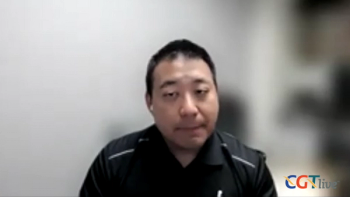
The director of therapeutic genome engineering, St. Jude Children’s Research Hospital discussed recent research published in Nature Biomedical Engineering.

Bloomsbury Genetic Therapies’ BGT-DTDS, a neuron-targeted and AAV2-mediated therapy, previously received orphan drug designation from the FDA and EC.
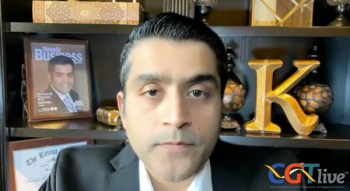
The director of clinical research at Sierra Eye Associates discussed 4D Molecular Therapeutics’ plans for 4D-150 in both wet AMD and diabetic macular edema.

The neoantigen-specific TCR therapy is the first to enter clinical trials out of a collaboration with Genentech.
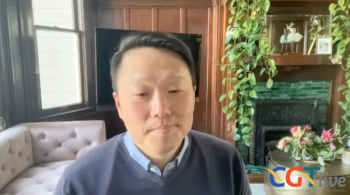
The cofounder and chief scientific officer of Xcell Biosciences discussed the company’s manufacturing-focused approach to overcoming the challenges of the solid tumor microenvironment.

Catch up on the latest news, breakthroughs, and announcements from biotechnology companies making advancements in cell and gene therapies.

Biogen and Novartis terminated collaborations with the company that first initiated in 2020.
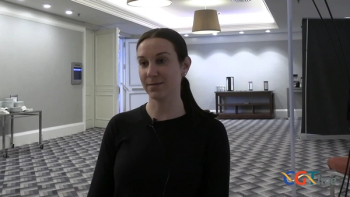
The cell therapy field applications staff scientist at ThermoFisher discussed advantages of the company’s DynaCellect system.
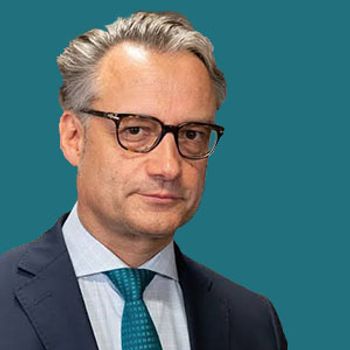
Bart P. Leroy, MD, PhD, head, Department of Ophthalmology, Center for Medical Genetics, Ghent University Hospital, discussed the ongoing efforts to verify the efficacy of Spark Therapeutics’ Luxturna.
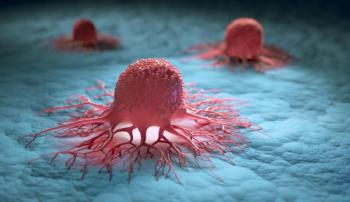
SynKIR-110 was also granted fast track designation by the FDA in April 2023.
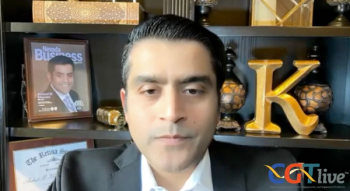
The director of clinical research at Sierra Eye Associates discussed the latest results from a clinical trial evaluating 4D Molecular Therapeutics’ gene therapy, 4D-150, that were presented at ARVO’s 2023 conference.

The single-administration allogeneic cell therapy has shown positive safety—and signs of efficacy—in preliminary data from the first 2 patients dosed with the Neurona Therapeutics’ product.

Arnaud Lacoste, PhD, the chief scientific officer of Aurion Biotech, discussed AURN001, a corneal endothelial cell therapy that was recently approved in Japan, and had a nonclinical data read out at ARVO 2023.
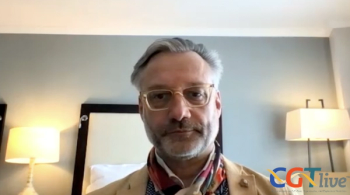
The head of the Department of Ophthalmology at the Center for Medical Genetics at Ghent University Hospital discussed the need to reevaluate requirements for regulatory approval for ophthalmology gene therapies.

Krystal Biotech's B-VEC was well-tolerated and the treated patient experienced significant improvement in visual acuity.

CK0803 is being evaluated for safety and tolerability in the REGALS study.
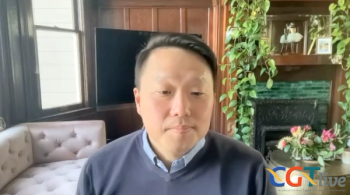
The cofounder and chief scientific officer of Xcell Biosciences discussed the company’s research with a newly developed assay method that was presented at AACR’s 2023 conference.

Review top news and interview highlights from the week ending May 5, 2023.
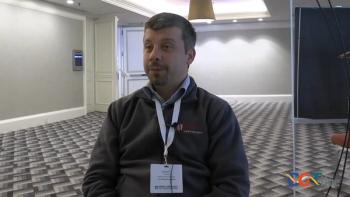
The head of immunology at Turn Biotechnologies discussed preclinical data demonstrating proof-of-concept with the company’s epigenome reprogramming platform.
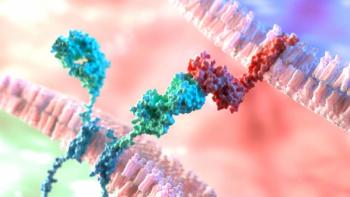
The decision, which aligns with its indication in the US, was based on efficacy and safety results from Bristol Myers Squibb’s TRANSFORM clinical trial in forms of large B-cell lymphoma.
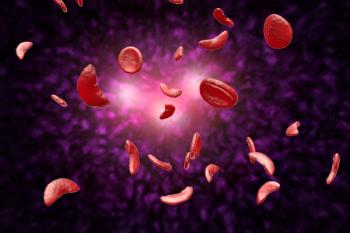
The draft report was released shortly after the BLA submission of exa-cel was completed and shortly before submission of lovo-cel.
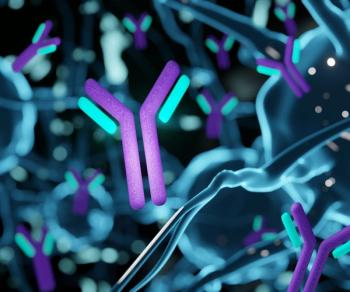
Cabaletta Bio’s CABA-201 also recently received clearance from the FDA to initiate a phase 1/2 trial.
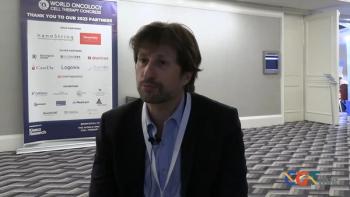
The cofounder and chief executive officer of NKILT Therapeutics discussed new preclinical data presented at WOCTC.

Catch up on the latest news, breakthroughs, and announcements from biotechnology companies making advancements in cell and gene therapies.
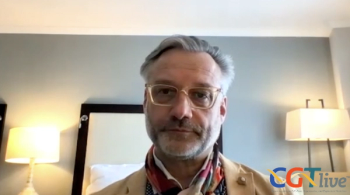
The head of the Department of Ophthalmology at the Center for Medical Genetics, Ghent University Hospital, discussed the main takeaways of a post-marketing study on the gene therapy.

Atsena anticipates initiating the Lighthouse study of ATSN-201 in mid-2023.
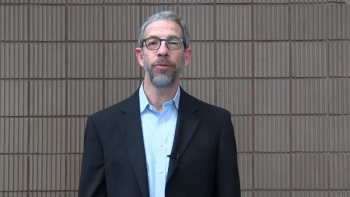
CGTLive's sister publication spoke with Barth, the chief medical officer at Ascidian, about the company’s attempts to develop a new method of administration for gene therapy at ARVO 2023.
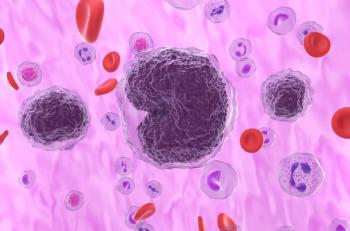
Bristol Myers Squibb noted that in addition to meeting the ORR end point, both trials also met a key secondary CR rate end point.